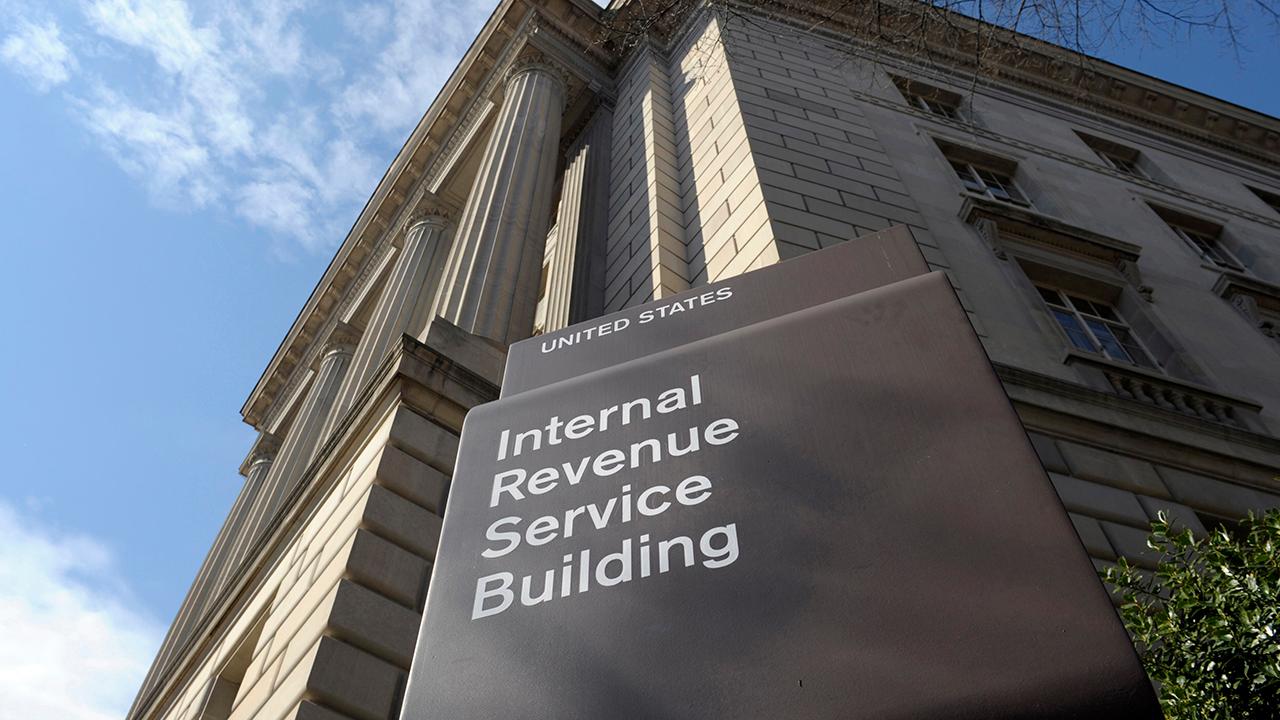IRS faces staff shortages as employees retire
With the first tax filing season since the Trump administration's 2017 tax cuts now well underway, the IRS is facing the challenge of staff shortages that are likely to worsen as recruiting experienced talent proves diffcult.
While testifying before lawmakers in the Senate Finance Committee on Capitol Hill on Wednesday, IRS Commissioner Charles Rettig, who was sworn in late last year, said 45 percent of the agency’s employees will be eligible to retire within two years and it is struggling to attract new talent.
Rettig said the IRS “lost an entire generation” of employees during a hiring freeze that took place between 2011 and 2018. He also noted that while “experienced and knowledgeable” people are leaving, it takes a while to not only hire new personnel, which can be an eight to nine month process, but it also takes time to train those hires.
Less than 3 percent of the current workforce is under the age of 30.
Throughout the testimony, Rettig a number of times cited the need to update the agency’s IT and cyber functions, including hiring the qualified personnel to work in those jobs. The IRS chief said the agency faces 1.4 billion cyberattacks on its systems each year, many of which are “sophisticated” attempts from nation states. He referred to the IRS as the “world’s largest data bank,” underscoring the damage that could be done if its systems are breached.
As the IRS seeks to modernize its infrastructure, he noted that the government-run organization is competing with “all the other entities that you can imagine” to recruit in a sector where the unemployment rate is near 0 percent, and there are 300,000 job openings.
Rettig is asking lawmakers to help restore streamlined critical pay authority at the IRS to help it compete with the private sector for those workers, by allowing a swifter hiring process and the ability to offer substantially higher paychecks.
Meanwhile, where customer services are concerned, the agency has received criticism this tax season for what Tax Payer Advocate Nina Advocate Nina Olson described as a “shocking” decline in services, particularly where telephone calls were concerned. During the first official week of tax season, fewer than half of calls made by people looking for help filing returns were answered, while the average wait time was about 17 minutes.
Rettig said local IRS centers suffered from unexpected retirements.
Further, the IRS has been contending with diminished enforcement staff and capabilities. In 2017, the IRS screened just 0.62 percent of individual returns. It was the sixth consecutive year of decline. Of high-income households, which are expected to be audited at a higher rate, just 4.37 percent of returns were reviewed, while the rate for taxpayers with incomes below $200,000 was 0.59 percent. Business audits also dropped.
The number of auditors working at the agency has also dropped about 30 percent since 2010, falling under 10,000 for the first time since 1953, to 9,510 in 2017.
The agency also has fewer resources to go after negligent taxpayers.
The number of nonfilers pursued dropped to 362,000 in 2017, from 2.4 million in 2011, ProPublica reported.
CLICK HERE TO GET THE FOX BUSINESS APP
Rettig noted that the IRS is hoping to hire 4,300 compliance personnel within the coming year, which has been provided for in its budget request. But Rettig said the agency can make better use of the data it has and properly train current employees to make up for some of the issues it has been contending with.
Overall money to be spent on enforcement, however, could decline by more than $100 million under the current budget request.




















